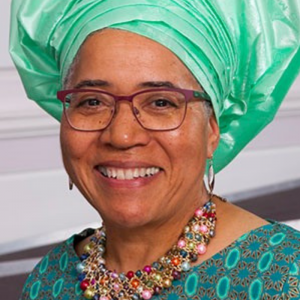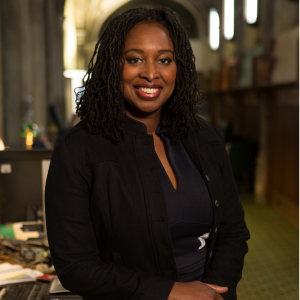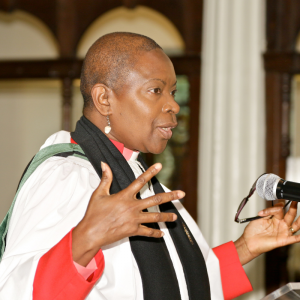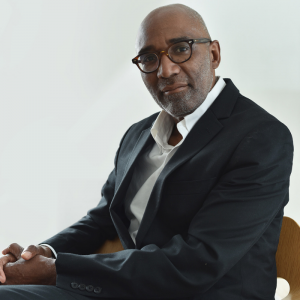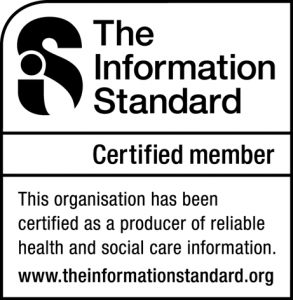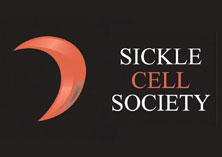
- Information and Support
- About Sickle Cell and Trait
- CAMPAIGNING
- Blood Donation
- Children’s Activities
- Clinical Trials and Research
- Coronavirus (COVID-19)
- Parvo Virus and Sickle Cell
- Hackney Engagement Project
- Helpline
- Heritage Project
- Mentoring
- Resources
- Screening Programme
- Self Over Sickle
- Support Groups and Local Services
- About Us
- Get Involved
- News & Contact
- Help and Advice
- DONATE NOW
About Us
Home » About Us

The Sickle Cell Society is the only national charity in the UK that supports and represents people affected by a sickle cell disorder to improve their overall quality of life.
First set up as a registered charity in 1979, the Sickle Cell Society has been working alongside health care professionals, parents, and people living with sickle cell to raise awareness of the disorder. The Society’s aim is to support those living with sickle cell, empowering them to achieve their full potential.
The Sickle Cell Society believes that individuals with sickle cell have the right to quality care. This can only be achieved if funding is made available to educate health carers and other professionals about the condition. The Society aims to provide this.
The Society does not discriminate between the types of sickle cell disorders or the ethnic groups concerned. Both sexes are equally affected, and should have equal access to support and services within a confidential and sensitive environment. We respect the views of every patient.
We have a network of committed volunteers, who play an important part in running the charity, providing administrative backup, and helping with fund-raising activities.
Donations from the public and fundraising activities are also part of our life support. Without them, we would be unable to finance the essential research and educational projects and we would be unable to offer children a much-needed holiday. The Society benefits from the support of a wide range of individuals and organisations nationally, who together play a vital role in its success.
The Sickle Cell Society has beaten more than 350 organisations from all over the UK to be one of the eight winners of the 2018 GSK IMPACT Awards, a national award that recognises charities that are doing excellent work to improve people’s health and wellbeing.
Lisa Weaks, Head of Third Sector at The King’s Fund, said: ‘One of the impressive things about the Sickle Cell Society is that it is offering services at a community level but is also able to influence national policy. It has been instrumental in establishing national standards for the care of people with sickle cell disorder while ensuring these are firmly rooted in community needs.’
Find out more here.


The Sickle Cell Society has been awarded accreditation against the Investors in People Standard, demonstrating our commitment to high performance through good people management. Investors in People is the international standard for people management, defining what it takes to lead, support and manage people effectively to achieve sustainable results.
Paul Devoy, Head of Investors in People, said: “We’d like to congratulate the Sickle Cell Society, Investors in People accreditation is the sign of a great employer, an outperforming place to work and a clear commitment to success. The Sickle Cell Society should be extremely proud of their achievement.”
For more information about Investors in People please visit www.investorsinpeople.com
The Sickle Cell Society achieved the Information Standard in 2011. The Information Standard is a certification scheme for health and social care information in England. The quality mark provides an easy way to identify trusted, quality information.
To qualify, organisations must meet rigorous quality standards. The Standard evaluates processes as well as individual pieces of information and, in that respect, is similar to schemes such as Fairtrade. If you see the quality mark you can be confident that the information comes from a reliable source.
Find out more here.
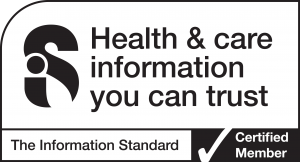
History
The Sickle Cell Society was first set up as a registered charity in 1979. It was formed by a group of patients, parents and health professionals who were all concerned about the lack of understanding and the inadequacy of treatment for people living with sickle cell disorders.
The Society is managed by a committee of 10 volunteers elected at the Annual General Meeting, and they meet each month. The Management Committee is accountable to the members and works with a small core of paid staff to further the Society’s aims by providing special services and welfare schemes for sickle cell sufferers.
Our vision is to be the most successful sickle cell organisation nationally with a wide network of well-informed, committed and active supporters working at local, national and international levels.
We will be better able to empower and assist people with sickle cell disorders to achieve their full economic and social potential.
We hope that this page provides you with a better understanding of the work which the Society does, because it is only by working together that we can achieve this vision.
If you have a Sickle Cell disorder, then join us, use our services, and let us help you overcome some of the difficulties the illness causes. If you haven’t then join our network of supporters – help us to raise awareness about the disease; help us to raise vital funds for research and education for sickle cell sufferers. By joining together, we can all turn a sickle into a smile!
Meet the Team
Staff
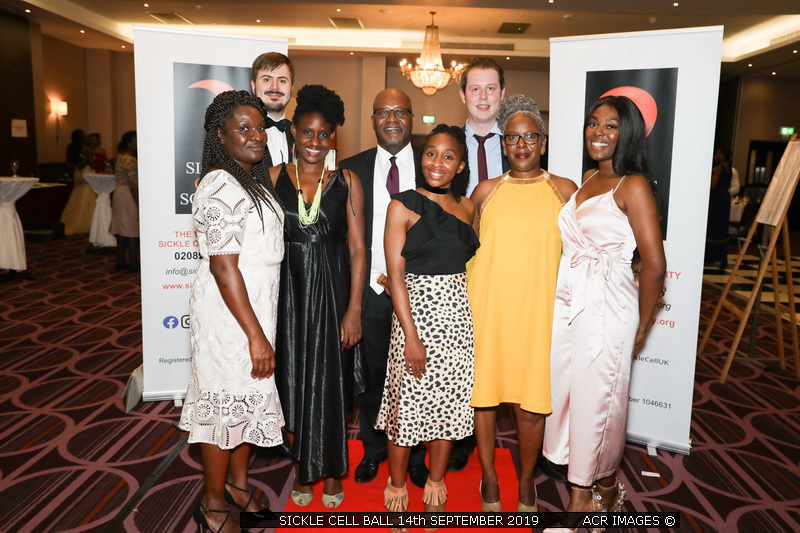





You can find contact details for specific members of staff here: www.sicklecellsociety.org/contact-details/
Trustees
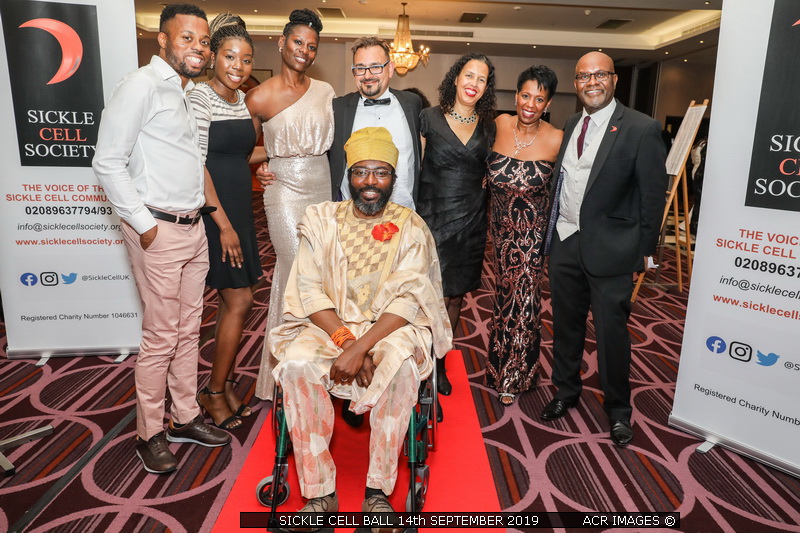

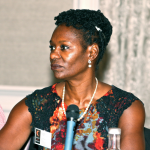







Medical Advisers
- Dr Nellie Adjaye – Retired Consultant Paediatrician
- Professor Dame Sally Davies – UK Special Envoy on Antimicrobial Resistance (formally CMO)
- Dr Rachel Kesse-Adu – Consultant Haematologist-Adults
- Dr Mark Layton – Consultant Haematologist (Adult)
- Professor Bernadette Modell – Emeritus Professor of Community Genetics
- Dr Eugene Oteng-Ntim – Consultant Obstetrician
- Professor David Rees – Professor of Paediatric Sickle Cell Disease
- Dr Allison Streetly – Deputy National Lead for Healthcare Public Health in Public Health England
Scientific Advisers
- Dr Kofi Anie – Consultant Psychologist
- Dr Elizabeth Dormandy – Chair of the Sickle Cell and Thalassaemia Screening Advisory Board
- Dr Mary Petrou – Consultant Clinical Molecular Geneticist
- Professor Karl Atkin, FAcSS – Professor of Sociology
Nurse Advisers
- Keisha Osmond- Joseph – Lead Nurse for Haemoglobinopathy
- Giselle Padmore-Payne – Transition Senior Nurse Specialist
Patrons
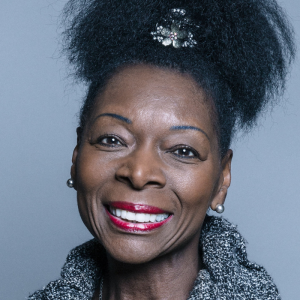
Baroness Floella Benjamin OBE
Image by Parliament.UK (CC By 3.O)

Sir Lenny Henry CBE
Image by Jack Lawson
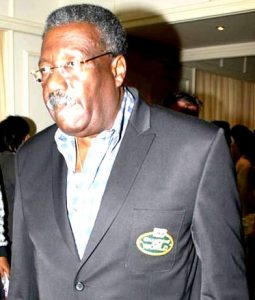
Sir Clive Lloyd CBE
Image by Bollywood Hungama

